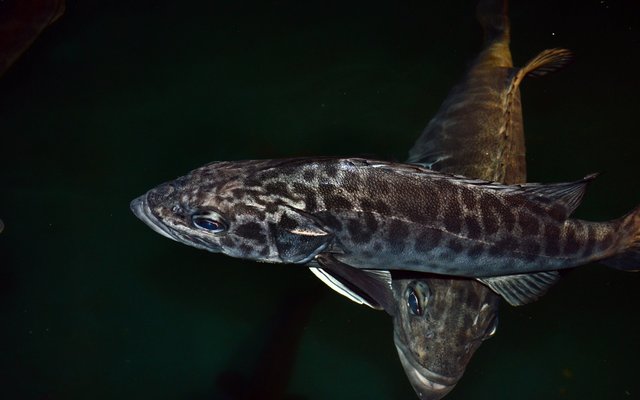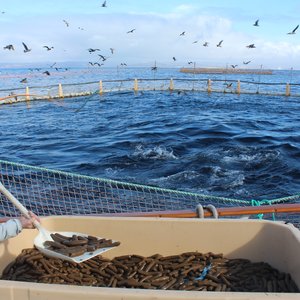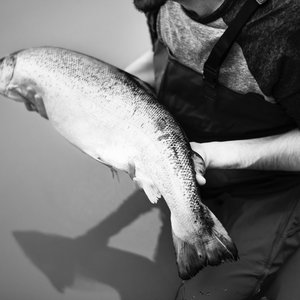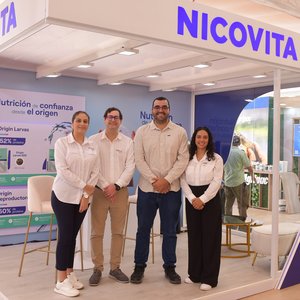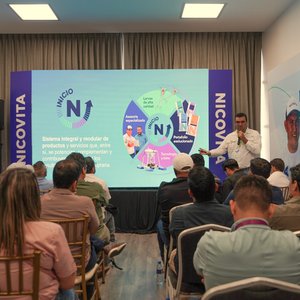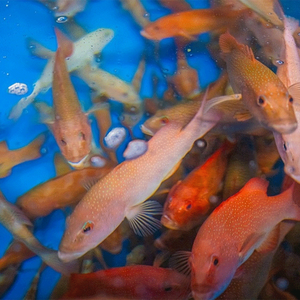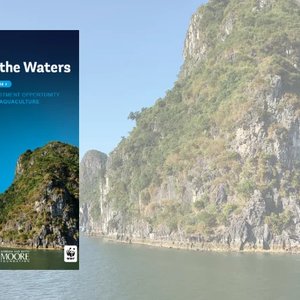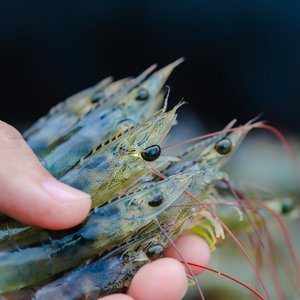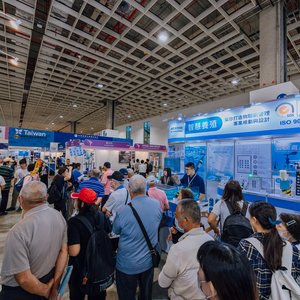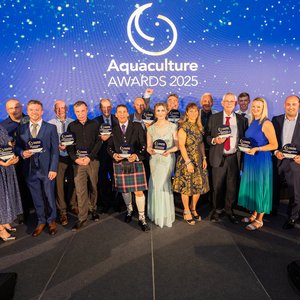Wreckfish (Polyprion americanus) is one of the most interesting new species for aquaculture, due to its fast growth, late reproductive maturation, high market price and limited fishery landings. Lack of reproduction control and established larval rearing protocols are considered major bottlenecks preventing wreckfish aquaculture.
Argentina is one of the three countries in the world, together with Spain and New Zealand, that started this initiative. The National Institute for Fisheries Research and Development (INIDEP) has achieved important advances during the first wreckfish breeding season.
Researchers were able to record natural, spontaneous and fertilized spawning. A special feed larval protocol was executed. Larvae managed to feed on live feed (rotifer and Artemia) and balanced feed. During larval stage it was possible to perform nutritional, genetic and histological analyses. These activities were performed in collaboration with the Spanish Institute of Oceanography (IEO) of Vigo, Spain.
The members of the MARI program highlight that they manage to achieve the reproduction of this species without the use of hormones that induce maturation or sampling techniques that is stressing in other individuals.


